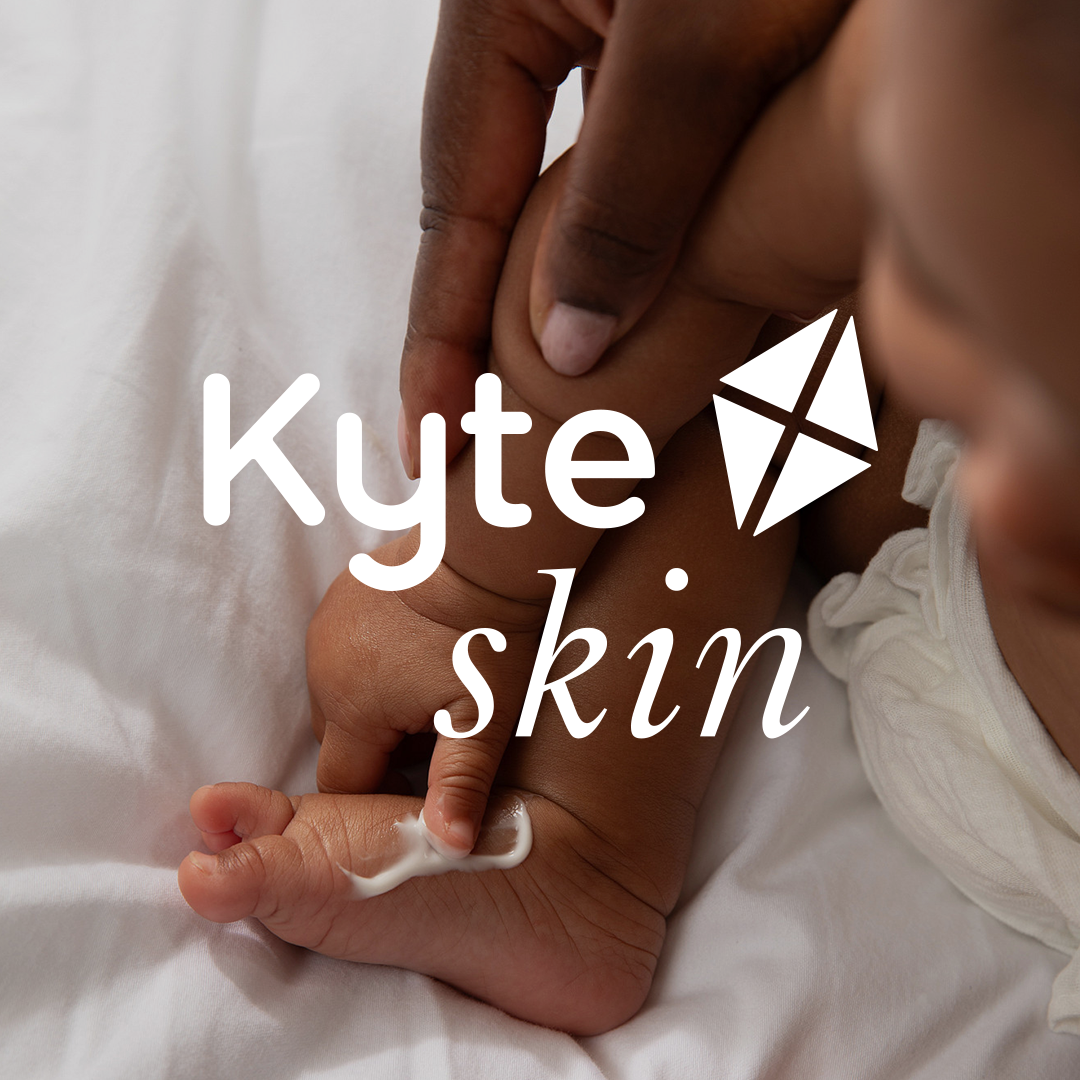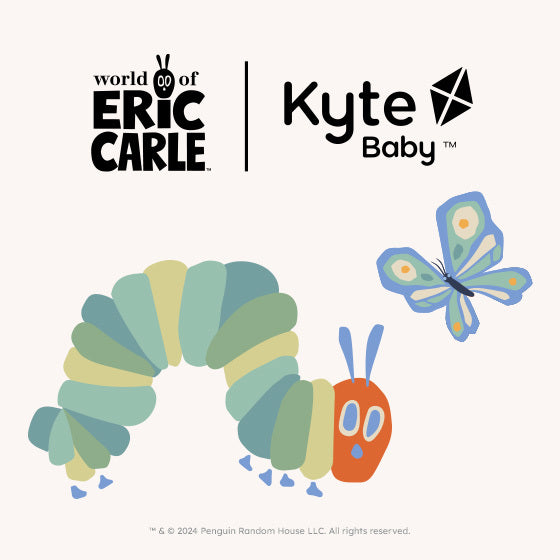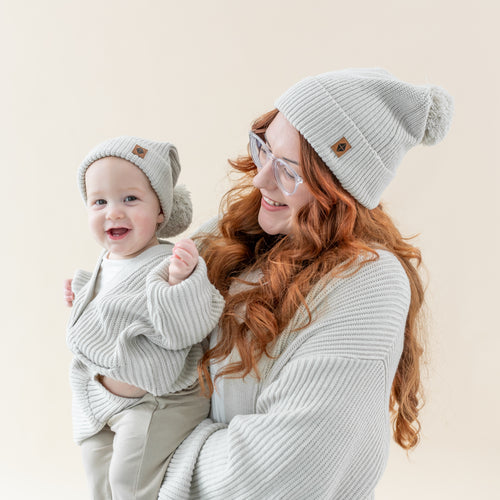Although every expecting parent counts down the days until their little one is in their arms, the full 40 weeks of a typical pregnancy is worth the wait. During those final weeks, a baby’s brain and other organs are still growing and developing. Babies who are born before 37 weeks are considered premature and are at risk for health complications and other issues that can cause long-term challenges down the road. Every year in the United States, 1 in 10 babies is born premature. These babies are born before their bodies and organ systems have fully matured, and usually require a stay in a hospital’s neonatal intensive care unit (NICU) until they’re strong enough to go home. November is National Prematurity Awareness Month, a time to shine the spotlight on preterm birth, its causes and risks, and its impact on families.
What are the types of premature birth?
- Extremely preterm (born before 28 weeks)
- Very preterm (born between 28 and 32 weeks)
- Moderately preterm (born between 32 and 34 weeks)
- Late preterm (born between 34 and 36 weeks)
What causes premature birth?
Preterm labor and premature birth have many different causes. Some of these things can be controlled, while others cannot. Although preterm labor sometimes occurs when no risk factors are present, infections, chronic medical conditions, and environmental stressors can all contribute to a higher risk of preterm labor. Here are some risk factors for preterm labor:
- Previous preterm labor
- Multiple gestations, such as carrying twins or triplets
- Short cervix
- Bleeding or problems with the uterus and/or placenta
- Chronic conditions, such as diabetes, high blood pressure, and autoimmune disease
- Age
What are the complications of premature birth?
Because premature babies are born before their bodies and systems are fully developed, they may need help breathing, eating, staying warm, and fighting infections. Many premature babies receive specialized care in the NICU, where they are placed inside incubators to stay warm and have their breathing, heart rate, temperature, and blood pressure monitored at all times. The more premature a baby is, the higher the risk for complications. Here are some health challenges that premature babies may face:
- Respiratory distress syndrome (RDS)
- Bronchopulmonary dysplasia (BPD)
- Retinopathy of prematurity (ROP)
- Apnea and bradycardia
- Necrotizing enterocolitis
- Jaundice
- Sepsis
- Cerebral palsy
Can premature birth be prevented?
Premature birth can’t always be prevented, but mothers can lessen their risk for preterm labor by doing these things:
- Receiving early and regular prenatal care
- Not smoking
- Avoiding alcohol and drugs
- Eating a healthy, balanced diet
- Staying active and maintaining a healthy weight
- Reducing stress
Nearly 400,000 babies are born prematurely in the United States every year. Many of these babies—some born as early as 24 weeks—are able to eventually go home with their families because of the life-saving care that NICUs provide. In honor of National Prematurity Awareness Month, Kyte Baby donated $10,000 to Parkland Health in Dallas, TX. Parkland Health’s Level III NICU offers specialized care for more than 1,300 newborns each year and was nominated by many members of the Kyte community for its work in serving underprivileged communities in the area. Here’s what some nominators had to say:
“They are a community hospital that helps provide to the underserved and underprivileged. I am a NICU nurse at Parkland, and our patients deserve better than what we are funded to give them.”
-Alexzandra S.
“As a nurse at Parkland, we work tirelessly to give the best care to our tiny fighters in the NICU. So many of the families with children in the NICU are low-income families in the Dallas area. The donation would be put to good use helping families during the difficult and stressful time of their infant’s hospitalization.”
-Michelle H.
“They are an amazing community hospital in Dallas that helps the most vulnerable, at-risk patients, and they empower women to be the strongest mothers. I particularly admire the work they do for mothers fighting addiction. They treat them with respect, give lifelines to escape active addiction, and freely give opportunities for these women to love and care for their babies—who are also victims of the opioid epidemic.”
-Emily R.
“We work tirelessly to resuscitate and care for the tiniest of miracles (22 weeks). Our research and up-to-date protocols allow for some of these sweet babies to go home without the need for trachs and G-tubes. This outcome is only reached because of the teamwork and dedication of all staff members. As a county hospital, we rely heavily on donations to care for these babies born to a lower-income population.”
-Susan H.
“Parkland has a 96-bed NICU that is often full of babies but low on essential items, like clothes. The unit serves families in the DFW area, and saves some of the most critical neonates in the area. Many families come in without any items for babies, and I can’t imagine how much of a difference this donation could make for these families.”
-Ashleigh P.
“I have been a NICU nurse there for over 5 years. We are a county hospital, and the majority of our patients are immigrants, low-income, etc. This charitable donation would be an amazing gift to help give our families extra supplies, clothes, toys and other resources.”
-Shelby U.
If you would like to nominate a NICU to receive a donation from Kyte Baby, you may share your story and the name of your NICU here.






















